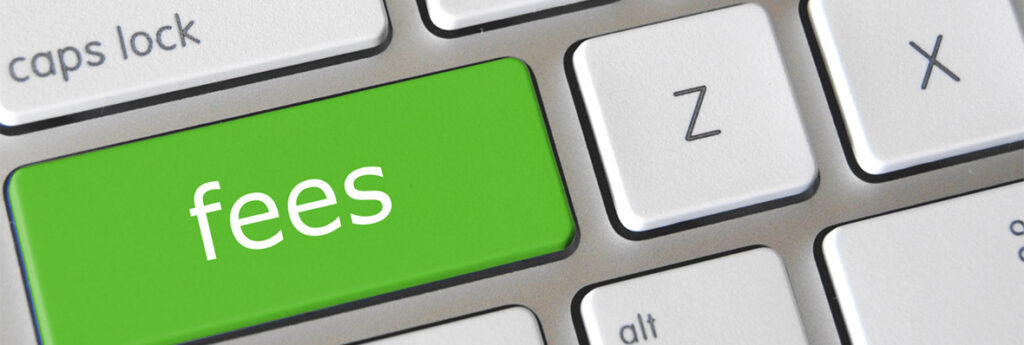Is the end of the dreaded Resort and other Hidden Fees in sight? President Joe Biden said he’s taking aim at hidden “junk fees,” by ordering the Federal Trade Commission to investigate. Travellers often run into these unexpected fees for services and amenities like Wi-Fi access or even paying to print an airline boarding pass at home. The President announced last week that he plans to crack down on junk fees, saying they “hit marginalized Americans the hardest.”
In Las Vegas, the majority of Strip resorts charge an average resort fee of about $40 a night – whether or not one uses the offered facilities.
Biden also said his administration would target “hidden fees” on concert and airline tickets and even bank overdraft fees that it said can weaken the economy.
Hidden fees have been controversial for years as politicians have tried to pass bills requiring hotels to share the full pre-tax price of a hotel or short-term rental. Last November, Marriott International became the first major hotel company committed to including all resort fees in the total price after being sued in 2019 by the attorney general of the District of Columbia.
The travel industry has certainly benefited from these fees – and they are on the rise. According to a report from the NYU School of Professional Studies, in 2017, the lodging industry profited an estimated $2.7 billion from such surcharges. Profits dropped during the COVID-19 pandemic when far fewer people travelled but fees have recently returned – and with a vengeance. This year, hotel mandatory fees have reportedly gone up each month.
On its website, the White House listed examples of what it believes classify as “hidden” or “junk fees.”
Mandatory fees tend to hide the full price – Some sellers publish a low price and then add mandatory fees at the “back-end” when a consumer tries to check out or terminate the service. An example is the “service fees” added to the cost of a ticket to a concert or sporting event.
Surprise fees that consumers do not expect – and which may not be mandatory –make it hard to comparison shop and can burden household finances. Surprise hospital bills from out-of-network doctors at in-network hospitals and airline, “family seating fees” are prominent examples.
Excessive fees that target consumers who have limited alternative options – because they are locked into a product or service, or are otherwise economically vulnerable, can impose a substantial burden. As the Consumer Financial Protection Bureau (CFPB) explains, a sign of exploitative fees is that they “far exceed the marginal cost of the service they purport to cover.”
Bank overdraft fees, which greatly exceed the bank’s cost of credit, and surprise “termination fees” are leading examples.
Fraudulent fees. Some fees involve outright fraud or misrepresentations on the part of the seller. An example is advertising a “no fee” bank account that in practice carries significant fees.
A White House briefing said the Federal Trade Commission will launch a “rulemaking process” to “broadly reduce” junk fee practices across markets, such as the lodging and airline industry.
For the former, hotel resort fees are considered “mandatory fees with little or no added value” that consumers “never consented to” at the time of purchase. Hotels and their booking sites would likely have to disclose all costs to consumers.
The Department of Transportation will now apparently ensure airlines and online travel agencies like Expedia disclose all fees upfront, such as those for cancellation, changes and baggage.
Some suggest eliminating resort fees will just drive up room rates. Others think resort fees bring value to travellers and that most hotels are already transparent about such fees.
A spokesperson for the American Hotel and Lodging Association told USA TODAY the organization’s “most recent data shows that 93% of hotels do not charge resort fees. And when resort fees are applied, they are clearly and prominently displayed by hotel websites prior to the end of the booking process, in accordance with guidance issued by the US Federal Trade Commission.”

